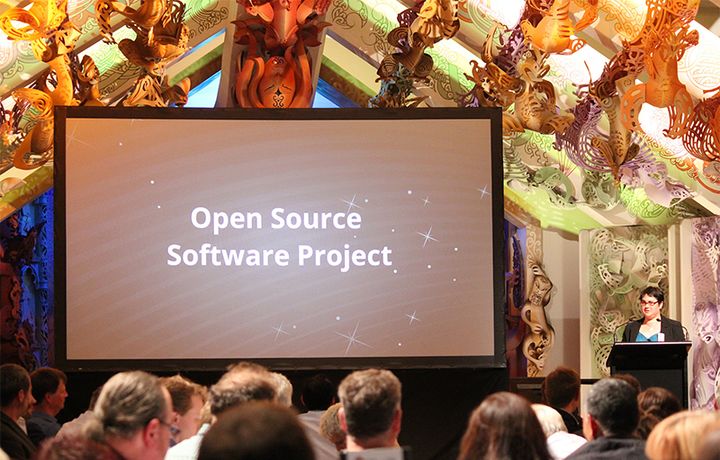
It can often seem like a cold and inhospitable world out there for nonprofit agencies and charities. The nature of the work you do means that you usually operate with limited resources, but must tackle some of society's biggest problems. Unlike for-profit companies, your organization doesn't always have access to the latest and greatest technology.
Open Source Bridges the Gap
At least that used to be the case. Great leaps forward in computer and information technology over the past two decades have placed helpful, resource-saving tools within easy (and often free) reach of nonprofits. Open source technology, which is developed and distributed using a completely free license, has helped bridge the gap between nonprofits and the technology they need to operate more effectively and efficiently.
Most often, the open source label applies to software. For example, where it may have once cost thousands of dollars to set up office computers for a nonprofit organization, powerful modern machines can now be purchased inexpensively, or received via donation. Open source operating systems such as Linux and free productivity software make this process even more affordable. However, open source isn't just limited to software. You could even download free schematics to build an automated crop-planting machine -- a great idea for nonprofits that serve urban areas with underutilized space.
Using Technology to Solve the World's Problems
Unlike the Luddites, who believed that technology was inherently destructive, we understand that technology is simply a tool. We've chosen to adapt technology to serve humanity, and we're not alone. Every day, thousands of people around the globe contribute to an array of open source initiatives that are as diverse as they are remarkable.
The vast majority of these open source initiatives are created with two aims: to solve problems and empower their users. CoreTech's Apps for Humanity initiative was developed with this principle in mind. We've partnered with HeroX and invited the world's leading open source developers to create an app that helps solve a pressing issue facing humanity and uses our CORE application platform. The most innovative developer will win a $20,000 reward. Click here to follow this challenge and become a participant.
In our most vivid dreams, the product of this initiative -- like all of our work -- will empower nonprofits like yours to reach more people and operate more efficiently, helping make a difference in the lives of countless individuals.
How hopeful are we that this initiative will generate innovative and novel solutions? Well, according to a recent study, those who contribute to open source projects are largely motivated by a strong sense of social belonging and responsibility, rather than personal reward or compensation. By any measure, that's strong cause for optimism.








